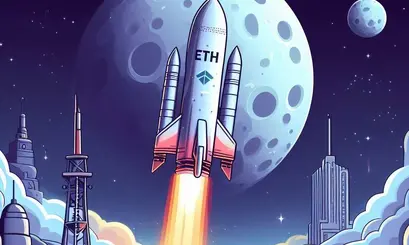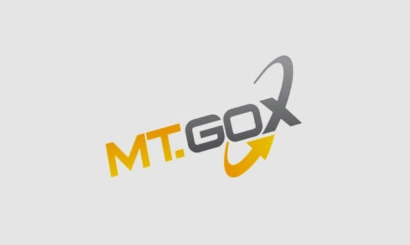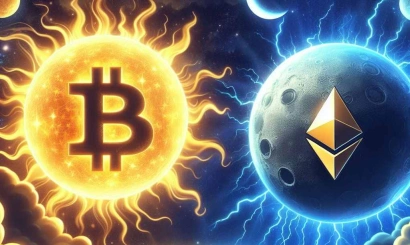Experts assessed the prospects of a cryptocurrency exchange from Pavel Durov
The founder of Telegram announced plans to launch a decentralized platform for trading digital currencies. Experts told how successful the project could be, and whether regulators would interfere with its development
The next step in Telegram's development is to create decentralized tools, including cryptocurrency wallets, as well as decentralized cryptocurrency exchanges, Pavel Durov said on November 30.
"This way we can correct the mistakes caused by excessive centralization, which has failed hundreds of thousands of cryptocurrency users," the Telegram head wrote.
He explained that the blockchain industry was built on the principle of decentralization, but ended up concentrated in the hands of a limited number of people who abused their power.
"As a result, many people lost their money when one of the largest crypto exchanges, FTX, went bankrupt," Durov recalled.
The solution to the problem, he said, is for blockchain projects to return to decentralization. And users should switch to transactions and wallets that do not depend on any third party.
The founder of Telegram said that he and 4 other people in 5 weeks launched a decentralized auction platform of domain names Fragment. It is based on the blockchain platform TON, which Durov called fast and efficient enough to host popular applications. At the same time, the businessman criticized Ethereum, calling it outdated and expensive, even after the latest global network upgrade.
"Fragment is amazingly successful. In less than a month, the platform has sold $50 million worth of usernames. This week, Fragment will go beyond usernames," Durov said.
Web3 marketplace Fragment, which sells Telegram user names, was launched on October 26. Names are sold as digital assets using smart contracts. At the moment, the most expensive name sold is @news. It was sold for 994,000 TON Coin, or $1.77 million.
How will regulators treat Telegram's crypto exchange?
In terms of resources and the existing experience of Telegram's team in developing the TON project, the creation of such a project as a decentralized exchange and cryptocurrency wallets seems feasible, said Maria Lyubimova, head of international arbitration and cross-border disputes practice of RegionService Bar Association. However, she called the current global trend in the regulation of cryptoassets turnover tightening and streamlining requirements for its control. First of all, it is about information disclosure in accordance with anti-money laundering and tax legislation.
Since the details of the project and features of the functioning of the announced project are not reported, at the moment it is difficult for the expert to assess how it will meet the requirements of the laws of different countries. At the moment, there are already precedents of blocking crypto-exchanges in Russia (for example, in October 2022, Roskomnadzor blocked access to the website of OKH - one of the largest cryptocurrency exchanges). The regulator explained the blocking by the fact that the site published information related to the activities of financial pyramids, as well as information about the provision of financial services by persons who do not have the necessary permits for this.
"In this regard, it is not excluded that Durov's new project will also be blocked. Meanwhile, according to the law on information, a certain resource is blocked, so the blocking of the messenger will depend on how integrated it will be with the cryptocurrency," Lyubimova warned.
Cryptorg CEO Andrei Podolyan noted that now Telegram blocks "unwanted" content in different countries, so if any of the authorities want to block the exchange in a particular country, they will succeed.
"In my opinion, complete decentralization is out of the question here," the expert concluded.
What are the prospects for Durov's future project?
Decentralized crypto exchanges are difficult to regulate because they are essentially not companies, Yuri Brisov, founder of LFCS Legal Support, added. According to him, it is legally possible to ban such an exchange, but it is actually more difficult to limit its activities. The expert stressed that the responsibility in case of using such exchanges from the legal point of view lies not so much on their creators, as on the users in each specific transaction.
"There is no reason to believe that Durov's social network cannot successfully launch such a service," Brisov noted.
Dmitry Machikhin, the CEO of BitOk, also praised the prospects for a possible Telegram crypto exchange. He suggested that the launch of the site could be timed to coincide with the lifting of the SEC ban imposed on Durov until July 2023 due to an attempt to launch the TON platform with the participation of investors from the United States.
"The exchange, if there will be one at all, will not be connected in any way to the messenger. Except for simplified authorization and a number of mechanics. Otherwise, they are definitely two different products," Machikhin is sure.
Telegram began developing its own blockchain TON
Telegram began developing its own blockchain TON (Telegram Open Network) in 2017. Pavel Durov raised more than $1.7 billion to develop this project. But the U.S. Securities and Exchange Commission (SEC) launched an investigation into TON because of the ecosystem's internal currency, the GRAM token. In 2020, Telegram stopped developing TON over the regulator's objections.
The main risks of a possible crypto exchange from Telegram
Most likely, on the basis of the blockchain TON and will be created exchange, said the head of the analytical department of AMarkets Artem Deyev. According to him, the main advantage of the decentralized platform is that it does not store users' cryptocurrency (unlike centralized services, which are also subject to regulation). The exchange only brings together buyers and sellers of digital financial assets, without intermediaries. And the user does not need to open an exchange account to conduct such transactions - transactions are made from investors' wallets.
"That is, there is no risk of losing their funds in case the exchange decides to block them (as now happens with centralized exchanges, which go bankrupt). Nor will this happen in the case of sanctions - as was the case this spring, when the West restricted Russian investors from conducting operations on major foreign crypto exchanges," Deyev stressed.
The only risk of participation in transactions on decentralized exchange he called that there is a risk of losses at delays of price updates (it is a peculiarity of blockchain), as well as it will be necessary to pay a commission for transactions to the exchange itself.


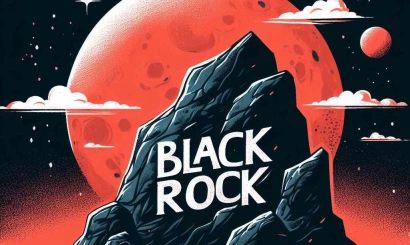
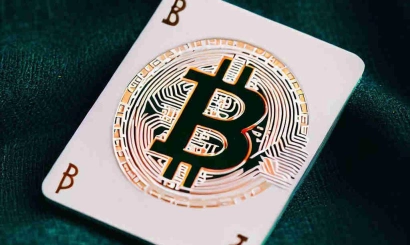
_410x245_00e.webp)
